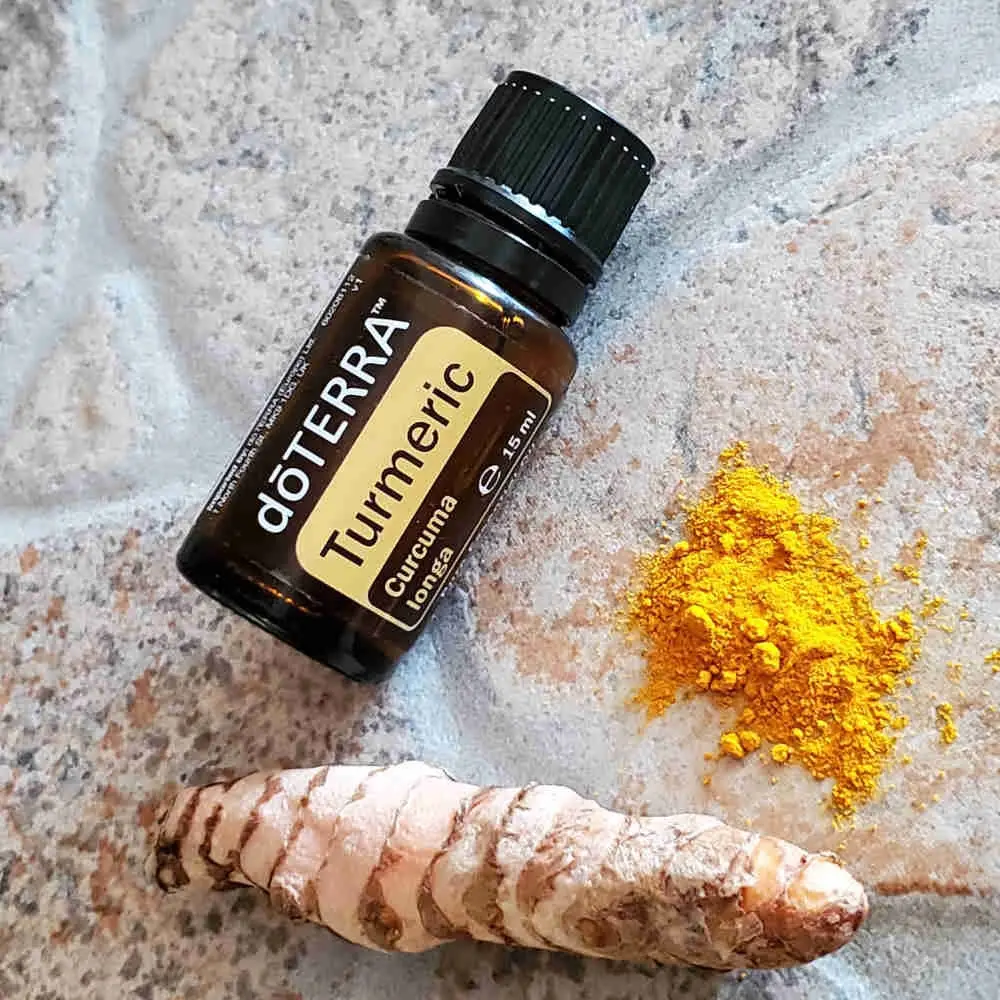Helicobacter pylori (H. pylori) is a type of bacteria that has become a focal point in gastroenterological research due to its significant role in various gastrointestinal diseases. This preview delves into the fundamental aspects of H. pylori, its impact on human health, and current approaches to its management.
Overview
Discovery and Significance: Identified in the early 1980s by Barry Marshall and Robin Warren, H. pylori revolutionized the understanding of gastrointestinal disorders, particularly peptic ulcers and gastritis.
Characteristics: H. pylori is a helix-shaped, gram-negative bacterium uniquely adapted to survive in the harsh, acidic environment of the stomach.
Infection and Transmission
Prevalence: It infects over half of the world’s population, with higher prevalence in developing countries.
Transmission: Spread primarily through contaminated food, water, or close personal contact. Poor hygiene practices and crowded living conditions can increase the risk of transmission.
Pathogenesis and Symptoms
Mechanism: The bacteria’s ability to neutralize stomach acid allows it to penetrate the stomach lining, causing inflammation and sometimes leading to ulcers.
Symptoms: Many individuals with H. pylori infection are asymptomatic. When symptoms occur, they may include abdominal pain, bloating, nausea, and in more severe cases, ulcers and stomach cancer.
Diagnosis and Treatment
Diagnostic Methods: Includes non-invasive tests like breath and stool tests, and invasive methods like endoscopy with biopsy.
Treatment: Typically involves a combination of antibiotics and proton pump inhibitors to eradicate the bacteria and reduce stomach acidity. Treatment regimens may vary based on resistance patterns and patient factors.
Prevention and Public Health
Prevention Strategies:
Emphasizes on improved sanitation, safe food and water practices, and personal hygiene.
Public Health Impact: The global burden of H. pylori-related diseases, particularly in regions with poor healthcare infrastructure, makes it a significant public health challenge.
Recent Advances and Research
Vaccine Development: Ongoing research is focused on developing an effective vaccine.
Antibiotic Resistance: A growing concern, leading to research on new treatment strategies and diagnostic methods.
Conclusion
Helicobacter pylori remains a complex bacterium of significant medical importance. Understanding its nature and managing its implications requires a multifaceted approach encompassing clinical treatment, ongoing research, and public health initiatives. As knowledge evolves, so do the strategies for addressing the challenges it poses to global health.
Managing Helicobacter pylori (H. pylori) infection holistically involves a multi-faceted approach, incorporating nutrition, vitamins, and essential oils. Here's a suggested protocol:


Probiotic-Rich Foods: Include yogurt, kefir, sauerkraut, and other fermented foods to enhance gut health.
High Fiber Foods: Whole grains, fruits, vegetables, and legumes help promote a healthy digestive system.
Broccoli Sprouts: Rich in sulforaphane, which has been shown to have anti-H. pylori properties.
Garlic: Contains allicin, known for its antimicrobial effects.
Green Tea: Contains antioxidants and has been associated with inhibiting H. pylori growth.
Avoid Irritants: Reduce intake of caffeine, alcohol, spicy foods, and acidic foods that can irritate the stomach lining.
READ MORE DIGESTION AND HEALTHY GUT TIPS
Vitamins (dōTERRA Products)
dōTERRA Zendocrine Complex: A blend of herbs that supports the body’s natural detoxification processes.
dōTERRA DDR Prime: A proprietary blend of essential oils that may support cellular health and function.
dōTERRA PB RESTORE: A probiotic defense formula that promotes positive balance and proliferation of beneficial bacteria.
dōTERRA TerraGreens: A mix of superfoods designed to promote overall health and vitality.
dōTERRA On Guard+ Protective Blend Softgels: Protective Blend with Black Pepper, Oregano, and Melissa essential oils for incredible benefits.* Preclinical testing suggests these ingredients may support a healthy immune system and provide antioxidant benefits.
dōTERRA Turmeric Capsules: May help support joint health, immune response, and the body’s natural anti-inflammatory response.

Microplex VMz®: A food nutrient complex of vitamins and minerals that are deficient in our modern diets. It can help fill the nutritional gaps and support overall health.
xEO Mega®: Provides omega-3 fatty acids, which are crucial for heart and joint health and have anti-inflammatory properties that might be beneficial for H. pylori-related inflammation.
Alpha CRS+®: Contains a blend of botanical extracts and a cellular vitality complex which supports healthy cell function and metabolism.
dōTERRA Essential Oils


Peppermint Oil: May help relieve symptoms like stomach pain and nausea.
Ginger Oil: Known for its anti-inflammatory and gastrointestinal soothing properties.
Thyme Oil: Known for its antibacterial properties, which may be beneficial in combating H. pylori.
Oregano Oil: Possesses antimicrobial qualities that can support digestive health.
Savory Oil: Often used for its potential antibacterial and antifungal properties.
Tea Tree Oil: Known for its broad-spectrum antimicrobial activity.
Turmeric Oil: Contains curcumin, which has anti-inflammatory properties and may help in soothing the digestive tract.
dōTERRA Zendocrine Blend: This detoxification blend combines Rosemary, Cilantro, and Juniper Berry, among others, known for their cleansing and purifying properties. It can help support the body’s natural ability to rid itself of unwanted substances.
Lemon Oil: Renowned for its cleansing and purifying properties. Lemon oil can support healthy respiratory function, and its refreshing and natural cleansing properties make it beneficial for digestive health.
General Recommendations
Hydration: Drink plenty of water throughout the day.
Stress Management: Practice relaxation techniques like yoga, meditation, or deep breathing exercises.
Regular Exercise: Helps improve overall gut health.
By incorporating dōTERRA Pure essential oils, along with the previously mentioned oils and supplements, you can create a more comprehensive approach to managing H. pylori.
Remember, these natural remedies are intended to complement traditional medical treatments and should be used in conjunction with professional healthcare advice.
